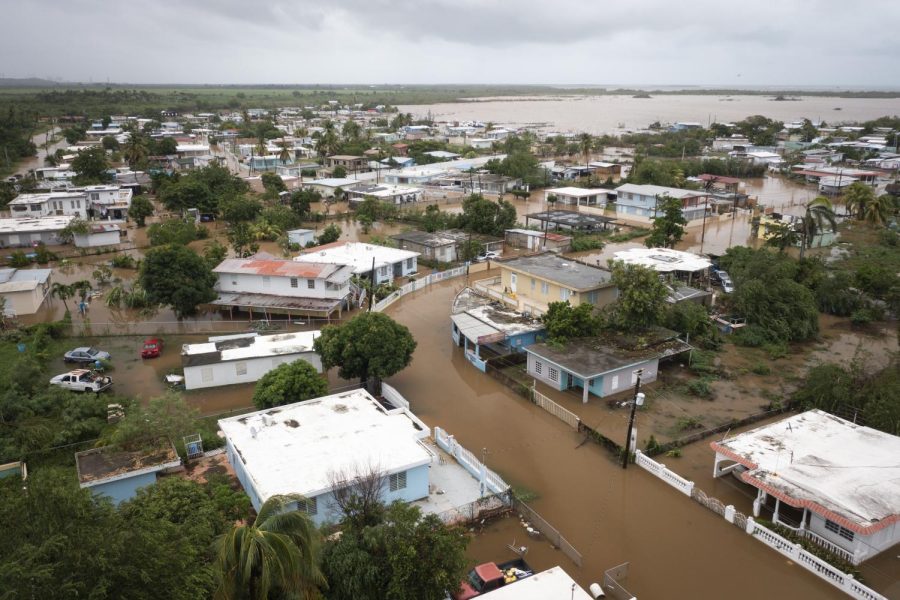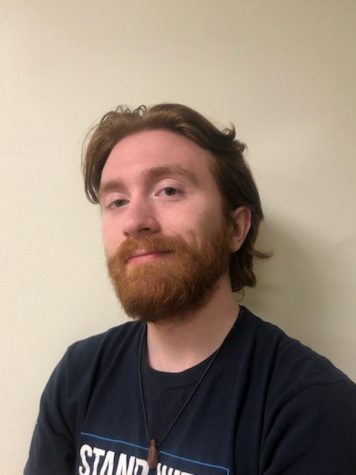Hurricane Fiona ravages Puerto Rico
(AP Photo/Alejandro Granadillo)
Playa Salinas is flooded after the passing of Hurricane Fiona in Salinas, Puerto Rico, Monday, Sept. 19, 2022.
Sep 30, 2022
On Sept. 13, yet another tropical hurricane, dubbed “Fiona”, decimated the island territory of Puerto Rico in the Caribbean. As of Sept. 27, over 746,000 Puerto Ricans (nearly a quarter of the island’s population) are without power and countless more have been displaced. Additionally, 12 people have been confirmed dead.
This devastation comes right off the heels of the impact of Hurricane Maria, the disaster that in 2017 did unspeakable amounts of damage to the island and killed just under 3000 people. Yet, another sizable storm hitting the island has posed quite a threat to the overall well-being of this island; Fiona looks to worsen the still-occurring rebuilding of infrastructure in Puerto Rico.
LUMA Energy, the company that controls the Puerto Rican power grid, is currently working to repair the power on the island. However, their handling of the grid has long been controversial, even before Fiona hit.
President Joe Biden declared the hurricane a major disaster in the territory. He later remarked, “…To the people of Puerto Rico who are still hurting from Hurricane Maria five years later, I know that […] we are with you. We’re not going to walk away. We mean it.”
The situation, however, is far from over. As of the time of this writing, Fiona has moved a great distance north and is battering the eastern Canadian coast. Additionally, another simultaneous hurricane, Ian, has begun to devastate Florida.
Colin Swearingen, a professor of Political Science at John Carroll who teaches several courses related to Latin America, explained an underlying cause for Puerto Rico’s current state.
“The Jones Act (of 1920), which puts such stringent standards on how we ship goods and supplies from one US port to another. Members of Congress, from both parties, are asking for a waiver to this law, which is roughly 100 years old, but it hasn’t yet been granted. These overbearing regulations that seem to require consistent waivers are increasing the costs of goods both here and in Puerto Rico, and are making it difficult to help people when they are most in need.”













